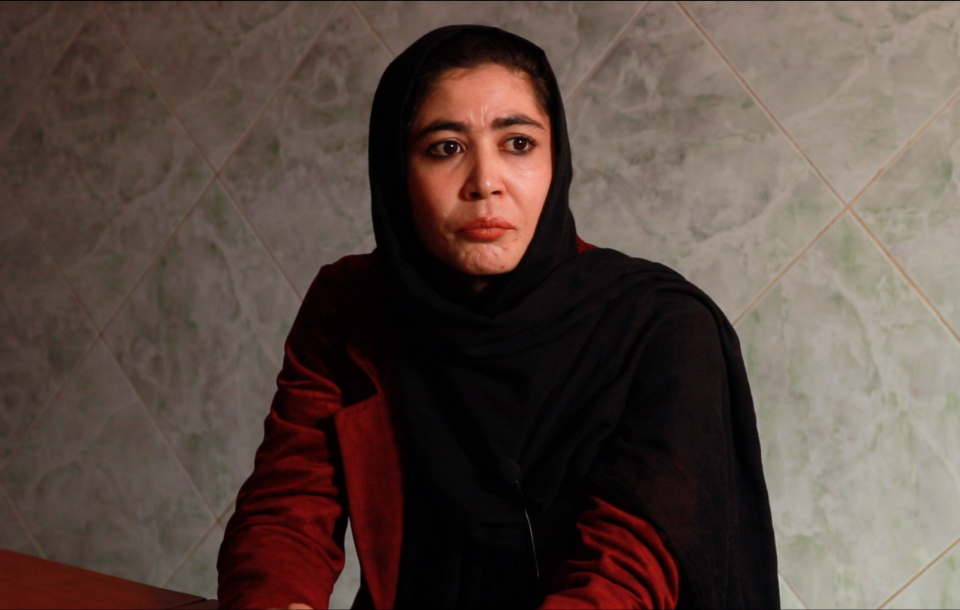My name is Nafasgul Usmani, I was born in Herat, and I am an advocate for change
Date:
Author: Olguta Alexandra Anghel

In a world where women have to be twice or even three times better than men to have leadership positions and in a country where people living with disabilities are invisible, what Nafasgul Usmati has achieved is remarkable. At the age of 26, she leads a civil society organization in Herat, Afghanistan.
But Nafasgul did not get here easily.
More than four decades of war have left millions of Afghans with physical and mental disabilities including amputated limbs, visual or hearing impairments, depression, anxiety, and/ or post-traumatic stress. The government has adopted legislation and ratified international human rights conventions that seek to uphold the rights of persons with disabilities and their ability to meaningfully participate in all aspects of society. But laws can only do so much. Their full realization depends on people implementing them. Nafasgul highlights discrimination as the main barrier preventing Afghan women with disabilities from being active members of society. “Although Afghan people with disabilities are present in every province, in every ethnicity, in every community, in every family, they do remain largely invisible”. For women, the burden is heavier. “I face double discrimination, for being a woman and for being a woman with disabilities.”
Nafasgul graduated from the Faculty of Law and Political Science and now she is the Deputy Director of a civil society organization working for and with women with disabilities. Nafasgul believes she would have never made it without the support of her family, especially her mother who is heading a family of 7. The support Nafasgul received from her family -- both emotional and financial -- is what drives her to study, to hold a job, to dream – a support inaccessible to many people with disabilities. Nafasgul’s job gives her meaning and self-esteem and makes her feel like a role model for other women in her community. “I am an advocate for change. Every day, my work is focused on advocating for all women but especially for women with disabilities. It is at work where I feel most comfortable. My office is my home.”
Nafasgul wishes more women living with disabilities can find work. But COVID-19 makes Nafasgul’s wish all the more difficult. COVID-19 is rolling back the gains that women like Nafasgul have fought so hard for. Research shows that women with disabilities are particularly at-risk of experiencing the adverse impacts of COVID-19, including increased violence in the home, restricted access to vital health care, information and opportunities for meaningful participation in decision-making.
Nafasgul fearlessly chose to transform what others see as a disability into an ability - to change her world and the worlds of those her organization serves. As we sketch the plans for a post-COVID19 society, we must ensure women like Nafasgul are at the centre of the recovery response, in both letter and spirit.
UN Women is working with Nafasgul and the “Welfare and Support Afghan Women with Disabilities” organization through the Women’s Peace and Humanitarian Fund. Our partnership in Western Afghanistan focuses on empowering Afghan women living with disabilities to be active participants in COVID-19 prevention and response.